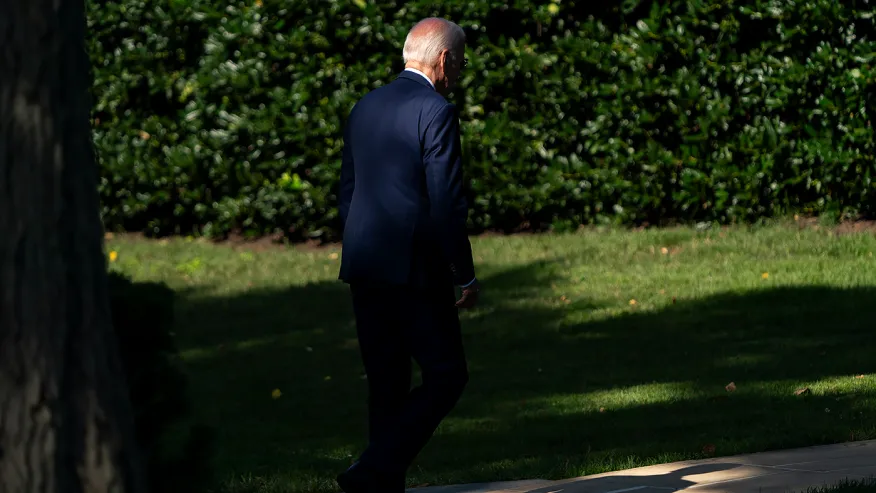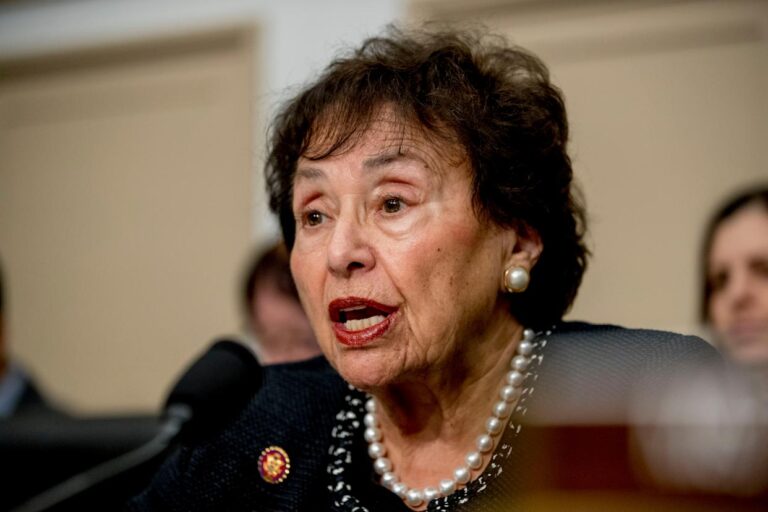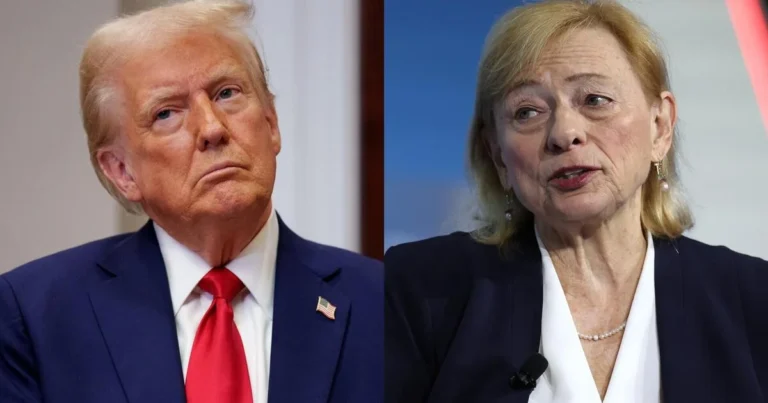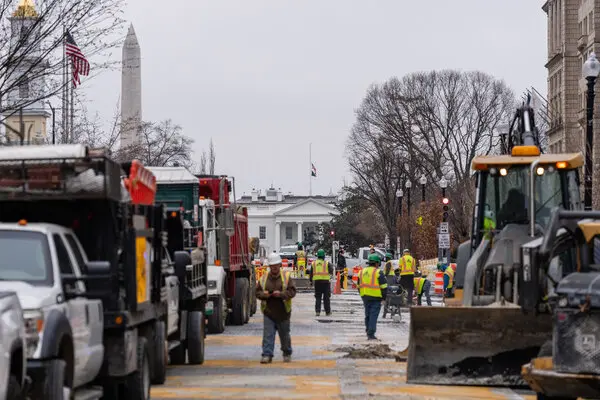
President Joe Biden and his administration maintained a low profile during the intense negotiations on government funding that consumed Capitol Hill this week.
Instead, it was President-elect Donald Trump and his allies who actively engaged with lawmakers over a continuing resolution as the possibility of a government shutdown loomed larger.
The White House dismissed a flurry of questions on Friday about Biden’s absence, asserting that the administration deliberately stayed out of the discussions because they believed Republicans needed to address the “mess” they created. However, Biden’s silence and the lack of visible action from his administration in the face of the approaching funding deadline could tarnish his final days in office.
“We’re just not seeing them, and he’s completely disappeared,” GOP strategist Doug Heye remarked, adding, “Biden is AWOL, and it’s fair to question whether he’s capable of handling this task.”
Pressed on why Biden hasn’t made public statements or been more visibly involved in the funding discussions, Press Secretary Karine Jean-Pierre explained that the administration’s approach was part of a “strategy” to emphasize that “this is for Republicans in the House to resolve.”
Yet, this explanation didn’t stop further questions about Biden’s leadership and plans should the government shut down over the holidays. Some reporters even queried whether the American people deserved to hear directly from their president in such a critical moment.
Democrats have also noted that lawmakers aren’t requesting Biden’s involvement, signaling a broader sentiment within the party that they are ready to move on from his administration.
“The bigger story is that no one is asking him to step in,” a Democratic strategist commented. “Democrats in Washington just want the Bidens and their team to leave so we can move forward.”
Former Representative Carlos Curbelo (R-Fla.) doubted whether Biden’s involvement would even be impactful, citing his diminished role this year. “President Biden has been in lame duck status for most of this year. Even if he spoke up, it’s doubtful anyone would listen,” Curbelo said. He suggested that Biden’s only strategy was to let Trump, Elon Musk, and Speaker Mike Johnson shoulder the blame for the chaos.
The White House issued two written statements during the week. On Thursday, they criticized the Republicans’ alternative proposal as a “billionaire giveaway” before it failed in the House. However, the administration has largely reiterated its stance that the only viable solution is for lawmakers to approve the initial bipartisan agreement negotiated by Speaker Johnson and supported by Democrats.
This hands-off approach contrasts sharply with Trump’s active involvement. Trump not only rejected the initial agreement but also demanded that the debt ceiling issue be addressed before he takes office. He even threatened primary challenges for Republicans who backed measures failing to address the debt ceiling.
When asked about the debt ceiling, Jean-Pierre stated that Biden’s primary focus was “keeping the government open” but avoided delving into the specifics.
Former Representative Joe Crowley (D-N.Y.) argued there was no reason for Biden to intervene in the Republican infighting. “This clearly isn’t the president’s issue,” Crowley said. “Johnson can’t govern with his majority. How’s he going to manage when it narrows even further?”
Other Democrats echoed this sentiment, framing the funding struggle as a Republican problem. “This is an intra-party conflict, and I don’t see any role for Biden or Democrats in resolving it,” said Ivan Zapien, a former Democratic National Committee official.
A former Democratic leadership staffer highlighted that these negotiations are now the responsibility of Minority Leader Hakeem Jeffries and Senate Majority Leader Chuck Schumer, given Biden’s imminent departure. “The focus for Democrats is with Jeffries and Schumer as these negotiations will shape next year’s legislative dynamics,” the staffer noted.
Still, some believe Biden risks being blamed for a shutdown under his watch, a scenario Trump is exploiting. On Friday, Trump called for a shutdown to occur during Biden’s term and insisted the debt ceiling be addressed to avoid future blame.
Jean-Pierre deflected these remarks, placing the blame on Republicans for derailing the original agreement.
Historically, government shutdowns have had mixed political repercussions. While the 2013 Obama-era shutdown resulted in Republican gains in Congress, the Clinton-era shutdown in 1995 preceded his reelection. Trump, despite overseeing the longest shutdown in U.S. history in 2019, was reelected, and the GOP is poised to control both the House and Senate in January.
Biden’s decision to stay silent and avoid sending staff to Capitol Hill is part of the administration’s calculated effort to stay above the fray, Crowley explained.
“This isn’t about tarnishing Democrats—it’s the Republicans who reneged on their agreement,” Crowley said. “I don’t see how they can blame a lame-duck president when a new one is about to take office in a few weeks.



